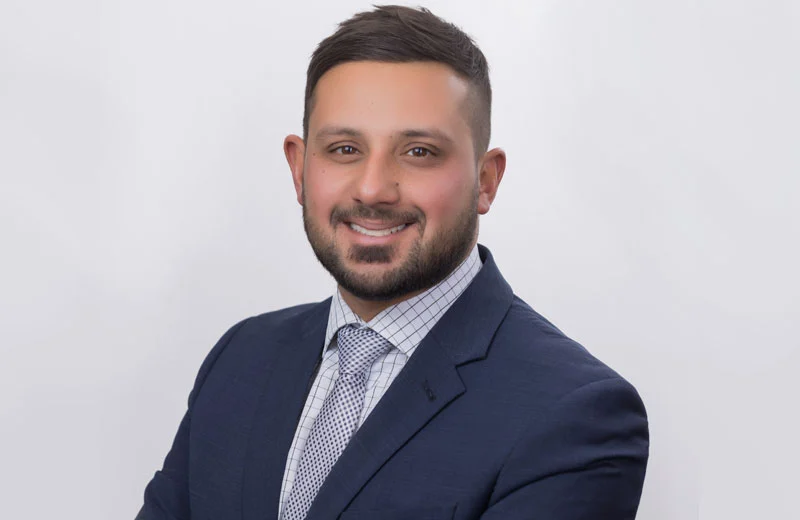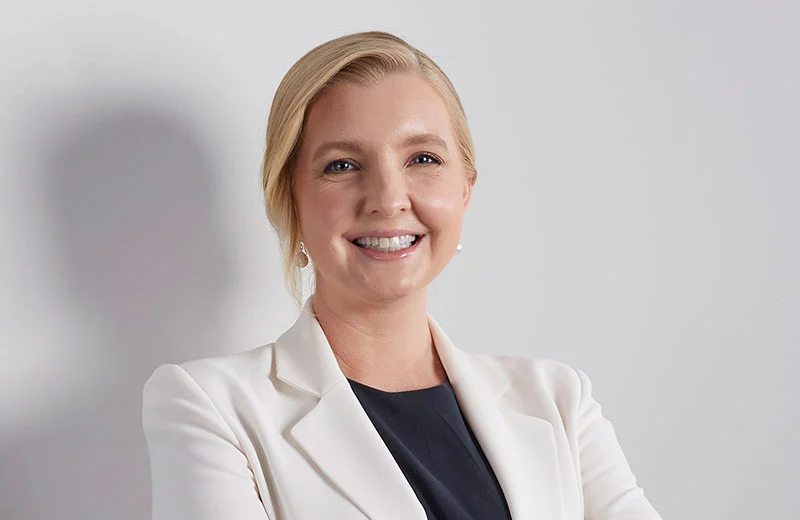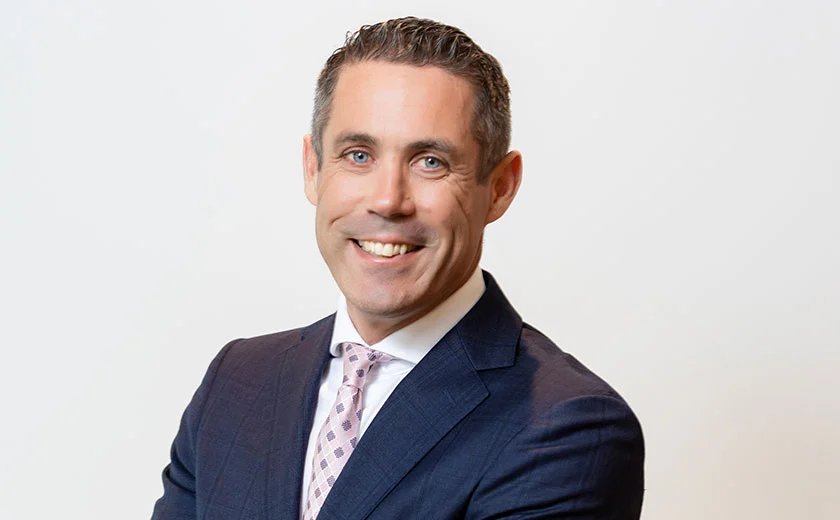There are many reasons why a trust might be created; wealth management, asset preservation, estate succession, flexible taxation, Family Law arguments, a vehicle to operate a business, manage investments and fix clear priorities to name a few.
In a commercial setting trusts are used to hold special assets, keep secret (lawful) relationships and enable parties to come together in dedicated investment or operational structures.
At Coleman Greig, our experienced Sydney tax lawyers are used to creating special purpose commercial trust structures as well as trusts that hold assets for the benefit of nominated beneficiaries and to provide additional protection for the asset. We can help you to decide how assets are to be managed, to whom the income and capital are to be paid and when, and to whom you wish the assets to pass on final distribution.
Common forms of trusts include: nominees, apparent purchaser or secret trusts, multi-ownership unit trusts, superannuation, child maintenance, security investment (hybrid), discretionary/ family testamentary and absolute entitlement trusts.
Where the circumstances require it a trust can be a useful remedial tool, especially where a constructive or resulting trust arises from facts that require a remedy. Tracing wealth or assets into and from the hands of another can invoke trust law principles.
A business or investment trust can be:
- Simple – for example, as simple as having one family discretionary trust operating the family business with you and your family as the beneficiaries; or
- Complex – for example, as complex as having a unit trust to operate the business with various family discretionary trusts for each of the business partners as the unit-holders and another discretionary trusts to hold the assets of the business for the benefit of all of the business partners and their families; or
- Anything in-between.
Again, an investment trust structure may be:
- Simple – for example, as simple as having one family discretionary trust to manage your investments (e.g. property) with you and your family as the beneficiaries; or
- Complex – for example, as complex as having a public trading unit trust to allow you and third-party investors to acquire and manage investments with your interest in the public trading unit trust being held by your family discretionary trust; or
- Anything in-between.
Ultimately the most effective trust structure will depend on the business plan, the investment goals, future directions as well as relevant tax (such as income tax, capital gains tax, GST, payroll tax, land tax and stamp duty), and asset protection issues and risk management.
To ensure you are getting the most out of your Trust, you should review it, and your assets, every few years to ensure they are current and accurately reflect your needs. In recent years, trusts have been successfully attacked because of simple errors that reflect a lack of understanding of the purpose, nature and effect of a trust. As a team of expert tax lawyers, we provide innovative, strategic and tailored Trust Law solutions and advice for both commercial and personal clients.
We can help you with:
- Drafting trusts
- Reviewing trusts to ensure they comply with financial and trust-related legal requirements
- Working with your financial advisor and other professionals to make the suitable arrangements
- Advice regarding the structure of your trust and ways to minimise the chance of claims being made under family law or debt recovery proceedings.















